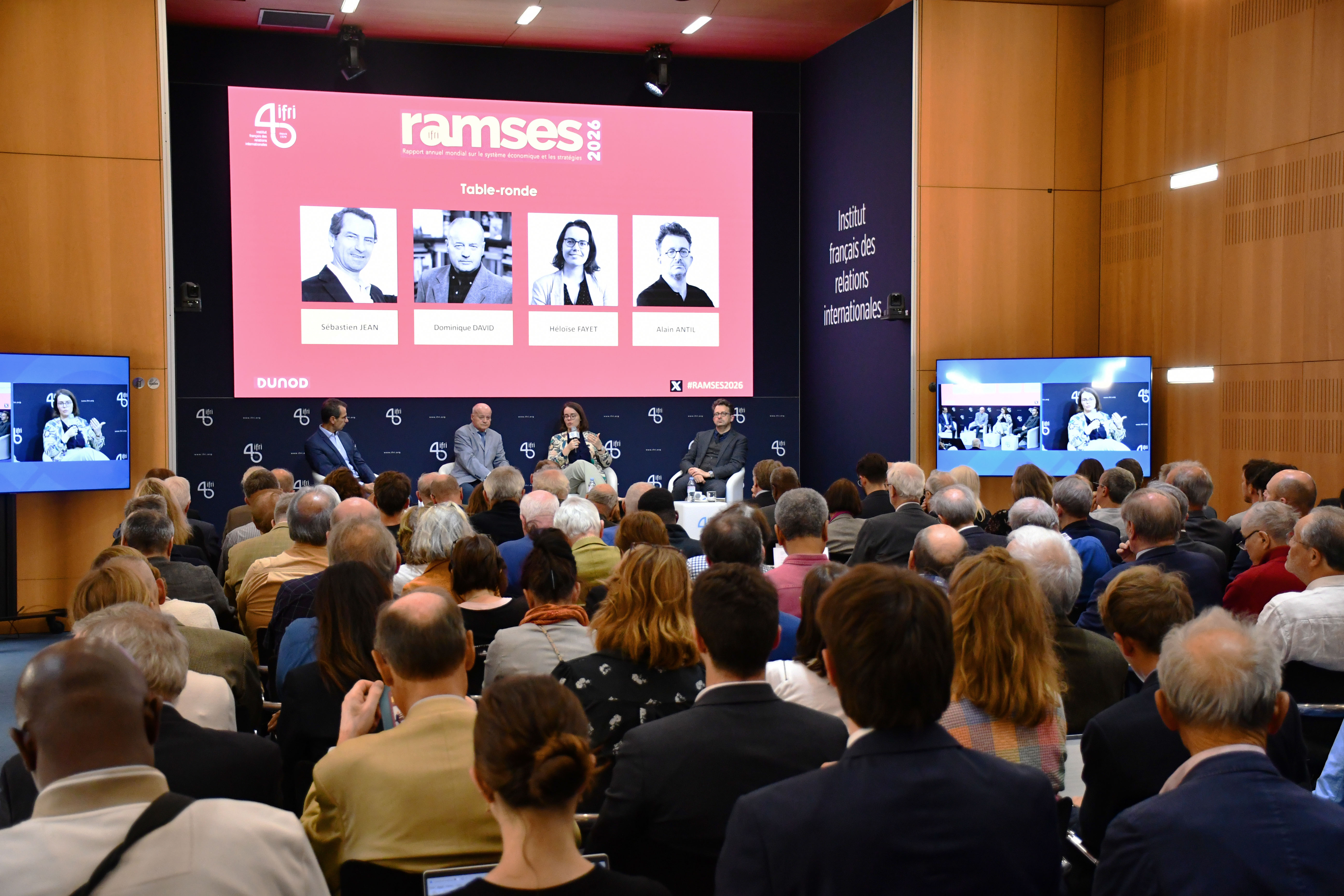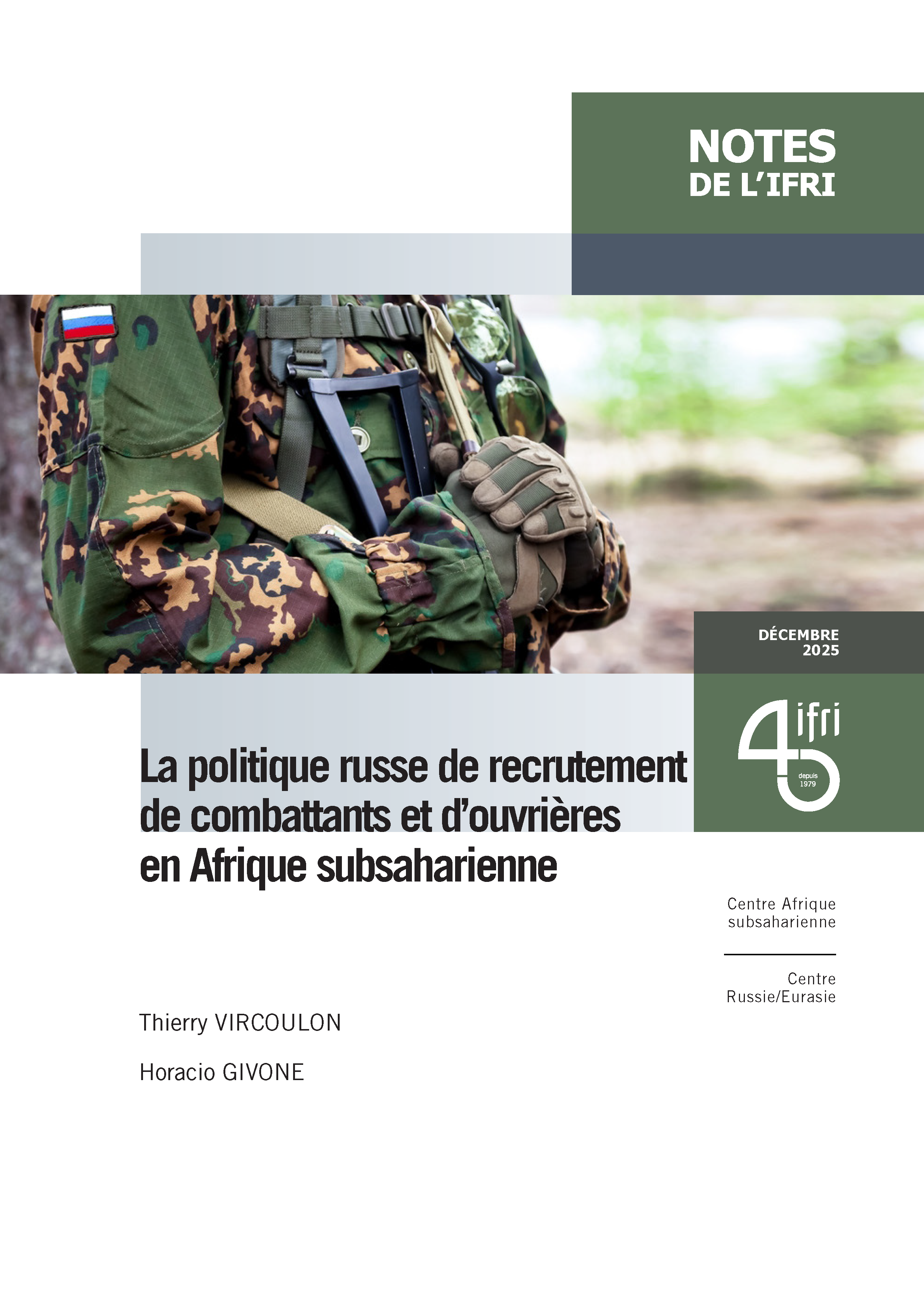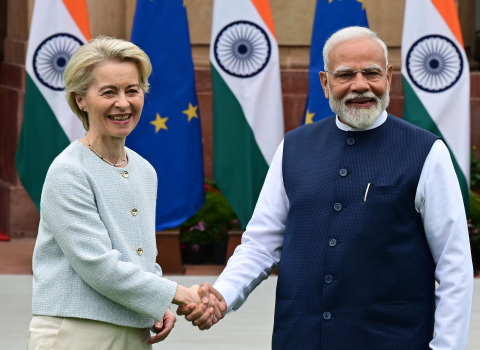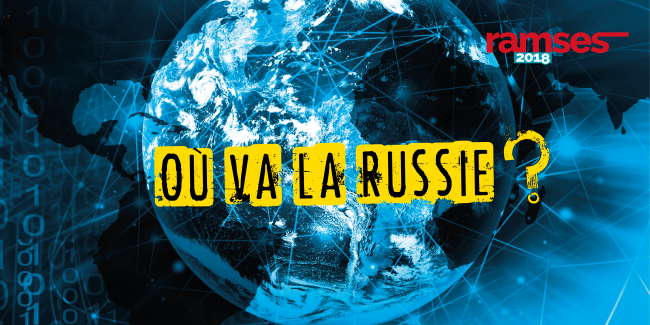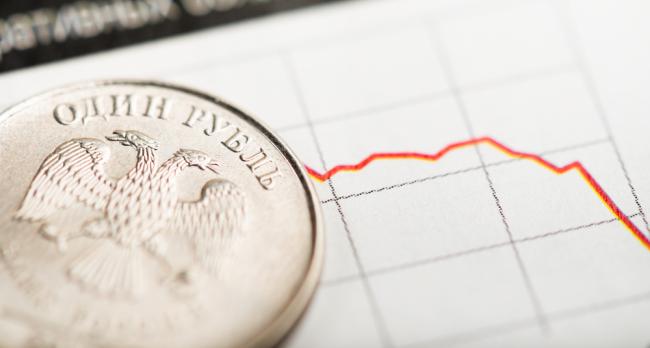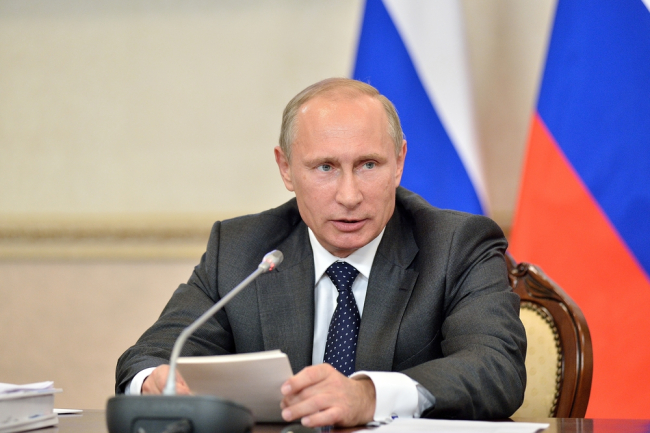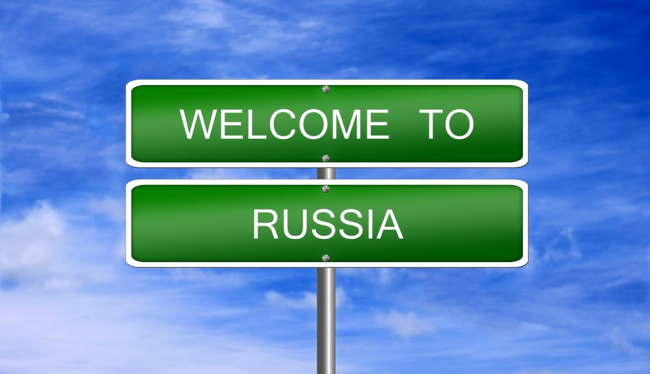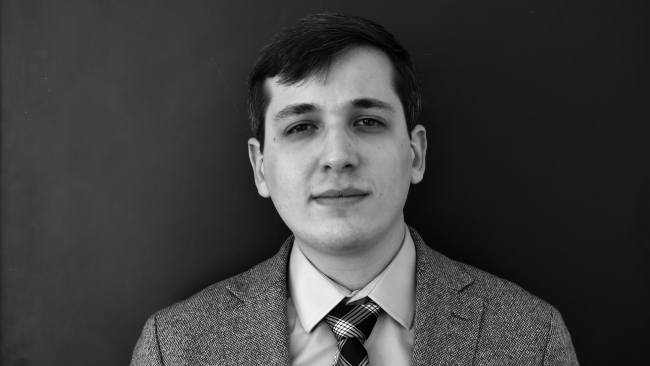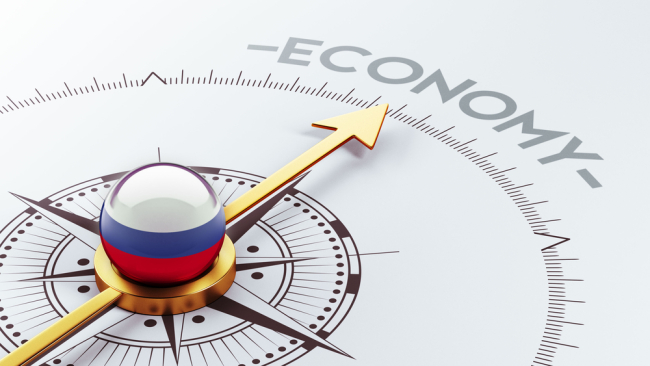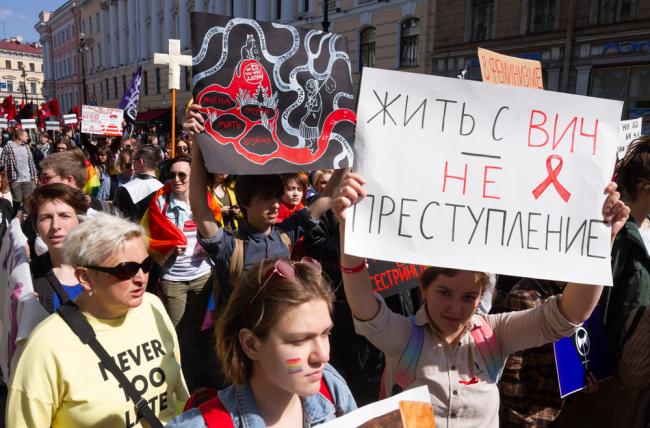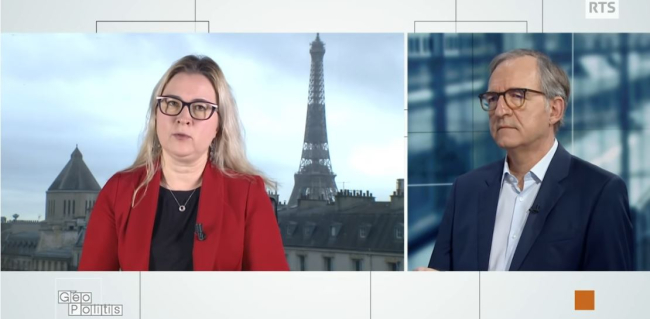
La Russie de Poutine en 100 questions
Pourquoi Vladimir Poutine est-il si populaire ? A-t-il un projet pour la Russie ? Y a-t-il une vraie opposition politique ? La Russie est-elle un pays développé ? Qui sont les alliés de la Russie ? La Tchétchénie vit-elle selon ses propres lois ? Quelles sont les raisons de l’intervention russe en Syrie ? En quoi croit la jeunesse russe ? Quel sera l’« après-Poutine » ?
Dossier RAMSES 2018 : Où va la Russie ?
Que nous dit le spectaculaire « retour » diplomatique russe sur le poids à venir de Moscou ? Ses relations avec son environnement proche sont loin d'être stabilisées ; son rôle dans les affaires globales du monde reste mal défini ; et les difficultés internes pourraient refaire leur apparition dans une année préélectorale.
La modernisation de l’économie russe : les causes de l’échec
Cette note analyse les tentatives de modernisation de l’économie russe à l’époque postsoviétique et les raisons de leur échec. À la différence de plusieurs études sur le sujet, l’auteur montre que cet échec est la conséquence directe de choix politiques et souligne que le concept de modernisation contredit la politique menée actuellement par les dirigeants russes.
La Russie, la Chine et les BRICS : une illusion de convergence ?
Le débat sur les BRICS (Brésil, Russie, Inde, Chine et Afrique du Sud) oppose deux visions. L'une considère leur rôle croissant dans les relations internationales au détriment de la place de l'Occident ; l'autre considère cette notion comme une chimère. Mais tous s'accordent à dire que Russie et Chine y jouent une interaction primodiale.
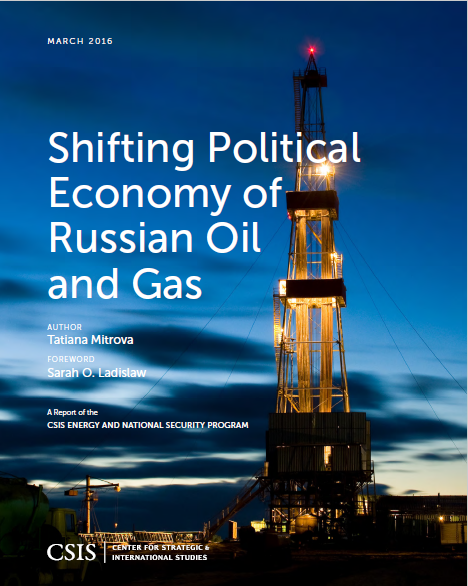
Shifting Political Economy of Russian Oil and Gas
Des changements importants sont à attendre en matière de stratégie énergétique et d'alliances politico-énergétiques russes suite aux évolutions d'un marché domestique des hydrocarbures mis à mal par la crise économique et les sanctions qui ont suivies l'annexion de la Crimée.
Russie : le retour des impératifs de politique intérieure
Tatiana Kastouéva-Jean analyse la politique intérieure russe dans le contexte de la crise économique qui ne sera sans doute pas sans effet sur les résultats des élections législatives de septembre 2016.
Politique de l’immigration en Russie : nouveaux enjeux et outils
La politique migratoire de la Russie est entrée dans une nouvelle phase. Les modifications et les innovations apportées à la législation depuis 2010, ainsi que le « Concept de politique migratoire en Russie jusqu’en 2025 », adopté en juin 2012, témoignent du virage effectué en matière de gestion des flux migratoires.
État et milieux d'affaires en Russie
Dans la Russie contemporaine, les milieux économiques et politiques sont étroitement imbriqués. Leurs relations ont néanmoins revêtu des formes très diverses au cours de l’histoire récente. Dans la période de transition des années 1990, les milieux d’affaires se sont montrés particulièrement actifs et ont même supplanté l’État dans de nombreux domaines. Par la suite, l’État a « pris sa revanche » : il a récupéré et a renforcé ses positions politiques et économiques.
Guerre de l'information : le web russe dans le conflit en Ukraine
Depuis le début de la crise en Ukraine, la Russie a déclenché une véritable « guerre de l’information ». Moscou perçoit sa relation avec les pays occidentaux comme un état de conflit permanent qui nécessite l’emploi de moyens alternatifs afin d’affaiblir la volonté et la capacité de l’adversaire.
Partir pour mieux revenir : les hauts fonctionnaires et les compagnies publiques russes
Fin 2014, le Premier ministre Dmitri Medvedev déclare que les hauts fonctionnaires, dont les ministres, doivent être davantage présents dans les conseils d’administration des entreprises publiques. L’annonce a surpris les observateurs : quatre ans plus tôt, le même D. Medvedev avait lancé une campagne visant à faire partir les hauts fonctionnaires de ces structures.
Dossier RAMSES 2018 : Où va la Russie ?
Que nous dit le spectaculaire « retour » diplomatique russe sur le poids à venir de Moscou ? Ses relations avec son environnement proche sont loin d'être stabilisées ; son rôle dans les affaires globales du monde reste mal défini ; et les difficultés internes pourraient refaire leur apparition dans une année préélectorale.
La modernisation de l’économie russe : les causes de l’échec
Cette note analyse les tentatives de modernisation de l’économie russe à l’époque postsoviétique et les raisons de leur échec. À la différence de plusieurs études sur le sujet, l’auteur montre que cet échec est la conséquence directe de choix politiques et souligne que le concept de modernisation contredit la politique menée actuellement par les dirigeants russes.
La Russie, la Chine et les BRICS : une illusion de convergence ?
Le débat sur les BRICS (Brésil, Russie, Inde, Chine et Afrique du Sud) oppose deux visions. L'une considère leur rôle croissant dans les relations internationales au détriment de la place de l'Occident ; l'autre considère cette notion comme une chimère. Mais tous s'accordent à dire que Russie et Chine y jouent une interaction primodiale.
Russie : le retour des impératifs de politique intérieure
Tatiana Kastouéva-Jean analyse la politique intérieure russe dans le contexte de la crise économique qui ne sera sans doute pas sans effet sur les résultats des élections législatives de septembre 2016.
Politique de l’immigration en Russie : nouveaux enjeux et outils
La politique migratoire de la Russie est entrée dans une nouvelle phase. Les modifications et les innovations apportées à la législation depuis 2010, ainsi que le « Concept de politique migratoire en Russie jusqu’en 2025 », adopté en juin 2012, témoignent du virage effectué en matière de gestion des flux migratoires.
État et milieux d'affaires en Russie
Dans la Russie contemporaine, les milieux économiques et politiques sont étroitement imbriqués. Leurs relations ont néanmoins revêtu des formes très diverses au cours de l’histoire récente. Dans la période de transition des années 1990, les milieux d’affaires se sont montrés particulièrement actifs et ont même supplanté l’État dans de nombreux domaines. Par la suite, l’État a « pris sa revanche » : il a récupéré et a renforcé ses positions politiques et économiques.
Guerre de l'information : le web russe dans le conflit en Ukraine
Depuis le début de la crise en Ukraine, la Russie a déclenché une véritable « guerre de l’information ». Moscou perçoit sa relation avec les pays occidentaux comme un état de conflit permanent qui nécessite l’emploi de moyens alternatifs afin d’affaiblir la volonté et la capacité de l’adversaire.
Partir pour mieux revenir : les hauts fonctionnaires et les compagnies publiques russes
Fin 2014, le Premier ministre Dmitri Medvedev déclare que les hauts fonctionnaires, dont les ministres, doivent être davantage présents dans les conseils d’administration des entreprises publiques. L’annonce a surpris les observateurs : quatre ans plus tôt, le même D. Medvedev avait lancé une campagne visant à faire partir les hauts fonctionnaires de ces structures.

La logique non économique de Vladimir Poutine
La crise économique russe ne découle pas des décisions occidentales suite au conflit russo-ukrainien. Cette crise était prévue et annoncée.

Le système Poutine : bâti pour durer ?
L’annexion de la Crimée et la crise ukrainienne ont permis à Vladimir Poutine d’incarner de nouveau une Russie dominante, autour de valeurs conservatrices rassemblant la nation.
Norvège : "Une sortie du pétrole semble improbable à court terme"
La victoire de la gauche aux législatives en Norvège ne devrait pas signer la fin de la production d'hydrocarbures dans le pays, selon le chercheur de l'Ifri Florian Vidal.
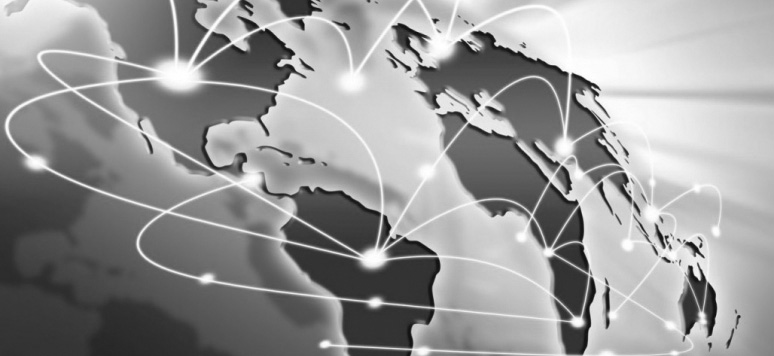

Comment Vladimir Poutine veut faire plier Facebook, Twitter et Google en Russie
Google, Facebook, Twitter ou encore Apple vont-il plier devant Vladimir Poutine ? Depuis le début de l'année, les géants du web sont dans le viseur de l'homme fort du Kremlin qui veut contrôler le contenu des internautes russes sur le moteur de recherche et les réseaux sociaux. Le 2 septembre dernier, les autorités ont rappelé à Google et Apple que les deux entreprises devaient retirer l'application d'Alexei Navalny, le principal opposant russe de leur plateforme sous peine d'une condamnation.
Pour les groupes californiens, il ne s'agirait que d'une énième sanction parmi une pluie d'amendes avec, à chaque fois, les deux mêmes accusations : refus de supprimer un contenu jugé illégal par les autorités et absence de transfert de données privées vers le territoire russe. Twitter a dû régler 100 000 euros en avril, Google, 35 000 euros puis 75 000 euros en mai, 70 000 euros en juillet pour Facebook et Twitter, 162 0000 euros de nouveau pour Google et, dernièrement, le 26 août, 170 000 euros, 193 000 euros et 45 000 euros pour respectivement Facebook, Twitter et WhatsApp (propriété de Facebook).
Russie : l’efficacité des sanctions économiques en question
Dans un rapport de l’Ifri, l’économiste russe Vladislav Inozemtsev remet en cause l’impact et l’intérêt des sanctions à l’égard de la Russie.
VIH/SIDA en Russie, une épidémie longtemps ignorée
Il y a quarante ans, en juin 1981, deux chercheurs français, Françoise Barré-Sinoussi et Luc Montagnier, découvraient une nouvelle forme virale de déficit immunitaire que l’on allait connaître désormais sous le nom de VIH. L’épidémie du SIDA s’est répandue dans le monde, sans épargner la Russie. Aujourd’hui, avec plus d’un million de personnes séropositives, la Russie figure parmi les pays les plus touchés par le VIH/SIDA, alors que les ONG russes et internationales tirent la sonnette d’alarme depuis plusieurs années.


Que peut l'opposition russe ?
Divisée entre l'opposition "systémique", adoubée par le Kremlin, et l'opposition "libérale" qui ne soutient pas tellement Alexeï Navalny, l'opposition russe sera sans doute toujours aussi dispersée pour les élections de septembre. Entretien avec la chercheuse Tatiana Kastouéva-Jean.


En Russie, l’affaire Navalny divise le Parti communiste
Plusieurs figures du parti ont exprimé leur soutien à l’opposant Alexeï Navalny, tandis que les autorités russes ont interdit des manifestations « contre la répression politique » organisée par des militants communistes.
Poutine-Navalny, le duel
L’opposant numéro un de Vladimir Poutine, Alexeï Navalny, fera-t-il vaciller le président ? Invitée : Tatiana Kastouéva-Jean, directrice du Centre Russie-Nouveaux États indépendants – Institut français des relations internationales (IFRI)


La Russie de Poutine, un éternel pouvoir de nuisance
Dans la Russie de Vladimir Poutine, le principal opposant politique Alexeï Navalny est emprisonné après avoir été empoisonné, et ses partisans sont arrêtés par milliers. De l’Estonie aux États-Unis en passant par l’Allemagne ou la France, rares sont les pays à ne pas avoir été victimes de cyber-attaques venant de Moscou. Quant aux voisins proches de la Russie, ils vivent sous la menace militaire de leur grand voisin, comme l’Ukraine et la Géorgie l’ont déjà subi.

En Russie, après l’arrestation d’Alexeï Navalny, Vladimir Poutine prêt à la confrontation
Habitué à isoler ses opposants, le Kremlin se prépare depuis des années à affronter des mouvements de contestation. Malgré la colère ambiante, le pouvoir russe n’a pas de raison de trembler.
Soutenez une recherche française indépendante
L'Ifri, fondation reconnue d'utilité publique, s'appuie en grande partie sur des donateurs privés – entreprises et particuliers – pour garantir sa pérennité et son indépendance intellectuelle. Par leur financement, les donateurs contribuent à maintenir la position de l’Institut parmi les principaux think tanks mondiaux. En bénéficiant d’un réseau et d’un savoir-faire reconnus à l’international, les donateurs affinent leur compréhension du risque géopolitique et ses conséquences sur la politique et l’économie mondiales. En 2025, l’Ifri accompagne plus de 80 entreprises et organisations françaises et étrangères.
